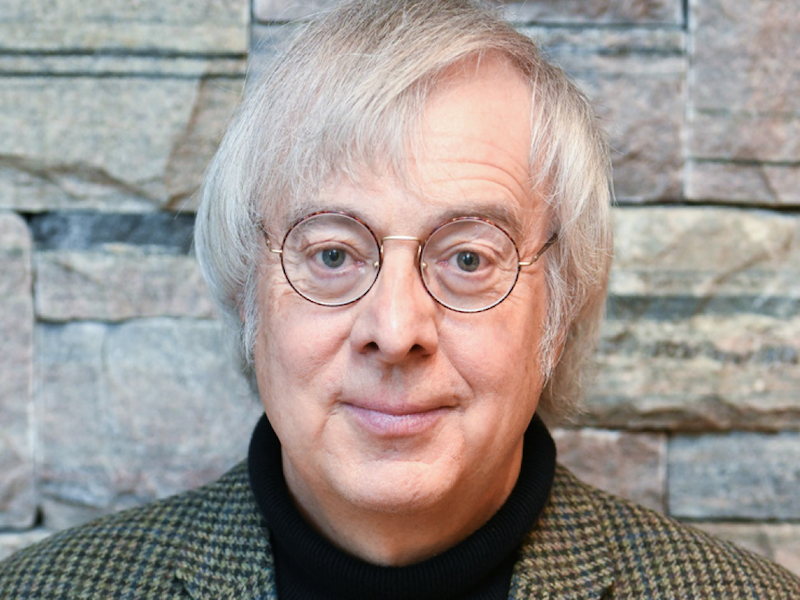

As much as institutional investors fear stock market bubbles, they have an important role to play.
The flooding of capital into new technologies and innovations leading up to a bubble’s bursting fuels innovation — an area that most corporations do not invest enough in, said Randall Morck, a finance professor at the University of Alberta, during his address at the Canadian Investment Review’s 2021 Global Investment Conference.
Read: Where did institutional equity investors turn in coronavirus crash?
The process — known as a Kindleberger cycle, after economist Charles Kindleberger — follows a common pattern throughout history. “What Kindleberger said is, ‘History doesn’t repeat but it rhymes,’” said Morck.
These cycles always begin with an investment opportunity catching the eye of investors looking for a big return. As the price of this stock rapidly increases beyond what could, by reason alone, be justified, a sudden fall becomes inevitable. After the crash, normal economic growth begins again — albeit at a faster rate. This is due to the funding of the venture that initiated the cycle.
“Some people think it’s a mindless cycle where we never learn and do the same thing over and over again for 400 years, but maybe that’s actually the secret to why the West got rich,” he said.
According to Morck, the cycles shouldn’t be seen as a historical inevitability so much as a human one. Psychology plays a large role in the historic repetition of Kindleberger cycles.
Read: What Argentina’s historic market crash means for institutional investors
“Humans are also attracted to novelty. We’re primates and primates love playing with bright, shiny things. We also find safety in doing the same thing as everyone else at the same time. It may be that the Western world, entirely by accident, came up with stock markets as a way of harnessing our primate curiosity and our willingness to move in herds in ways that flood every bright new technology in capital, allowing us to overcome chronic under-investment in innovation.”
Stock market crashes are costly, so governments and central banks often seek to prevent crashes with expansionary monetary policies to push interest rates ever lower. In Morck’s mind, these efforts simply create different societal problems.
One is financial system bailouts. Escalating price appreciation minus falling borrowing costs lets bubble investors keep borrowing more to buy more into the bubble. That lets the bubble keep expanding but, eventually, there’s a reckoning, defaults start and creditors sitting on non-performing loans want, if not overt bailouts, indirect subsidies. Either amounts to higher taxes, a drag on economy growth.
Read: How will coronavirus impact private markets compared to the GFC?
Another is zombie firms — companies that are basically dead, said Morck, “but continue to stagger along because they get blood transfusions from banks” at ever lower interest rates and central banks that “buy bonds in these firms through quantitative easing, so they keep getting capital.”
Low productivity zombie firms are a drag on economy growth, too. Rather than trying to prevent the inevitable, Morck suggested governments not fight against the economic survival of the fittest firms. Society, he said, would benefit more from reforms that make it easier and less personally costly for employees and managers to move from declining businesses to businesses better able to make use of their talents.
“A crisis may not be the worst thing if it wipes out these firms. It may be best to ease the move of managers and employees from these firms to new firms, rather than keeping the old firms alive.”
While the crashes that end each of these cycles are obviously costly, Morck noted he believes the cycles are currently the only way to ensure new ideas get the funding they require to keep the world prospering.
“It may be we need more efficient Kindleberger cycles and the way to do that is to just keep banks the heck out of it. We need regulation to keep banks away from bubbles. Current forms to legislation aren’t doing that.”
Read: How CN Rail pension, ATRF tackled liquidity as markets crashed
